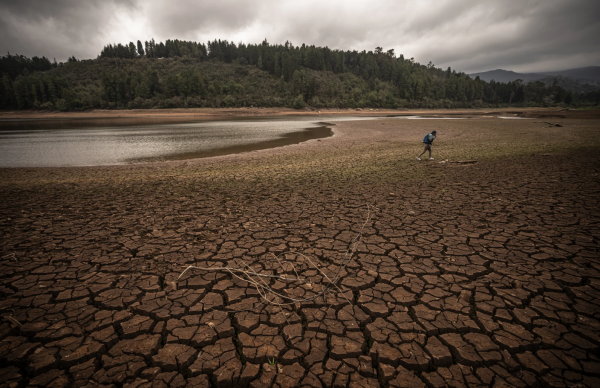Students set to study tropical diseases in Latin America
May 4, 2016
A Kent State trip to Brazil to study tropical diseases will go ahead in May after the professor in charge of the class found that there was little danger to students from the Zika virus.
“I have consulted our hosts, who are physicians at both locations, and they said that there was no reason to worry,” said Mark James, chair of the Department of Biostatistics, Environmental Sciences and Epidemiology. “In fact, both of those cities do not have a high incidence of Zika-reported cases, as opposed to other areas of Brazil.”
James was pleased to say that no one dropped out of the course because of the Zika virus. He also said family members did not contact him with concerns.
“Everybody is on board with this trip, and I am grateful for it,” James said.
James, along with 12 students in his Tropical Diseases in Latin America course, will spend their first week studying abroad in Rio De Janeiro and their second week in Manaus.
During their time, they will study a variety of tropical diseases, listen to guest speakers and immerse themselves in Brazilian culture. Students will also visit field hospitals and the National Infectious Disease Institute.
For the past four years, James, has taken students studying these tropical diseases to countries in Latin America. While James and his students had visited Panama, Colombia and Ecuador in the past, he decided to take students to Brazil this year.
“All of my partnerships are based on long-term collaborations with friends and colleagues,” James said. “I have a long-term colleague, who is a scientist studying malaria, at the Oswaldo Cruise Foundation. Based on that and the success I have had in developing partnerships in Latin America, I made the trip to Brazil in March to establish (another) partnership. That became official in November 2015.”
Since she was a freshman in college, Clair Yee, a junior public health major, wanted to participate in James’ Tropical Diseases course.
“I knew I would be able to study abroad with this course,” Yee said. “I am very excited to be studying abroad, since I will be able to have more opportunities than if I were to go (to Latin America) by myself. I am thrilled to be going on this trip with the group that we have.”
On February 1, the World Health Organization declared a“public health emergency of international concern” about the Zika virus. The Zika virus is a mosquito-borne virus that causes severe birth defects. However, James said only 20 percent of people infected with Zika show symptoms.
When Yee heard about the health emergency she did not not know how serious the virus was.
“I was a bit wary about it at first because the media can over exaggerate at times,” Yee said. “But once I looked into it on my own time, I realized the severity of the situation.”
Jelena Debelnogich, a sophomore public health major who is travelling with the Tropical Diseases class, felt fearful when she heard about the Zika virus in her social and behavioral class.
“I was scared because I had already decided on going to Brazil, and most of the researchers did not know much about the virus,” Debelnogich said. “The uncertainty of what could happen on this trip was the scariest.”
Debelnogich believes women are and should be nervous about travelling to Latin America.
“Right now, the CDC advises that pregnant women should stay out of specified countries in Latin America,” Debelnogich said. “Compared to men, women have more to lose if they potentially become pregnant.”
Debelnogich began considering the pros and cons of studying abroad. Finally, she decided that she should still travel.
“At first, I was rethinking my decision to study abroad, but then I researched Zika, spoke to Dr. James about it and talked with my parents because I value their opinions,” Debelnogich said. “After looking into it (the virus) more, I felt more comfortable in studying abroad.”
Yee, however, said she did not reconsider studying abroad after hearing about the Zika virus.
“I knew that if it (the trip) was too dangerous, Dr. James would have made the decision to postpone or cancel the trip,” Yee said. “I didn’t consider not going since this is such an amazing opportunity, and I knew that we would be informed about the preventative measures to take.”
Some of the preventative measures James shared included wearing long pants and shirts and wearing a special type of insect repellent. The students will also be staying in air-conditioned rooms, which are safer environments from mosquitos.
James said he was successful in updating the students on the Zika virus.
Overall, despite initial concerns, there is excitement about this trip to Brazil.
“I had class with Dr. James a year ago in Introduction to Global Health. He is amazing, and one of my favorite professors yet,” Debelnogich said. “I cannot wait to explore Brazil with him and the other students.”






















